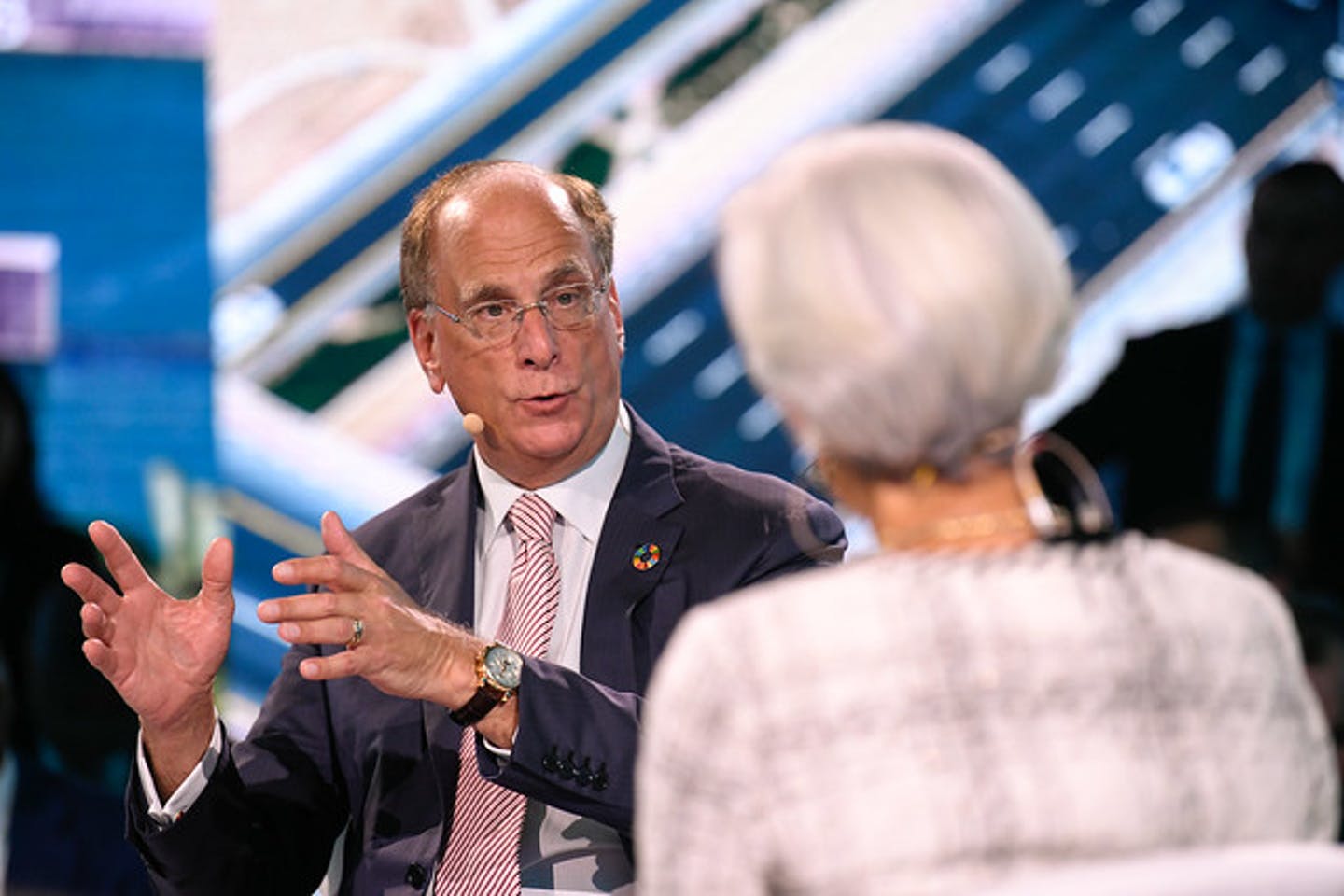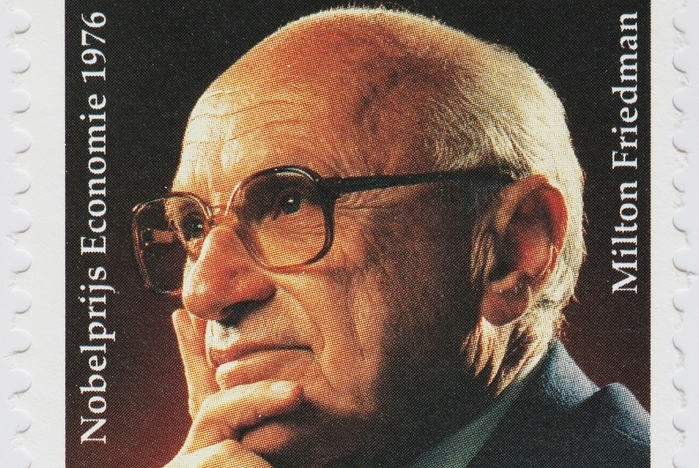ImpactAlpha, Jan. 18 – You know impact investing has gone mainstream when Larry Fink’s annual letter to CEOs elicits a collective yawn.
“This is kind of a boring letter?” opined Bloomberg’s Matt Levine.
The CEO of BlackRock, which just crossed the $10 trillion mark in assets under management, was walking a thin line between impact skeptics and conservative critics. The skeptics have used Fink’s earlier letters to hold BlackRock’s feet to the fire for its proxy voting, fossil-fuel financing and commitments on human rights and deforestation.
The critics, particularly from fossil fuel-rich states, such as Texas and West Virginia, have threatened to cut off asset managers that embrace net-zero emissions goals.
But the middle line that Fink took reflects how fast capital has rotated towards sustainability and social impact. Climate risk, worker power and stakeholder capitalism not long ago were at the margins of finance. Now they’re at the center.
“We have seen a tectonic shift of capital,” Fink said, in the two years since called climate risk and investment risk in an earlier letter. Stakeholder capitalism is not “a social or ideological agenda,” he said. “It is capitalism, driven by mutually beneficial relationships between you and the employees, customers, suppliers, and communities your company relies on to prosper.”
Readers of ImpactAlpha know all that. In just a few years, Fink’s annual letters have gone from leading indicator to conventional wisdom. Nonetheless, there a few tidbits to note:
Democratizing proxy voting
A desire to fend off critics may be behind Fink’s move to shift more voting power to shareholders, starting with big institutional clients in indexed funds. “Clients should at least be given the choice and chance to participate in voting more directly,” wrote Fink.
Last year, BlackRock voted for two of the four insurgent candidates for ExxonMobil’s board but is under fire for how it has wielded its outsized proxy voting power more broadly. Activists say BlackRock has given climate-lagging board directors a pass and voted against proposals seeking accountability on corporate political spending. The new voting policy will also give red-state pension funds that oppose Fink’s net-zero goals and stakeholder agenda their own say on proxy votes.
Giving clients more voting choice “cannot be an excuse for inaction,” says Majority Action’s Eli Kasargod-Staub. BlackRock has two options in implementing client voting, he says. It can take a stronger voting stand and allow those clients that object to opt out, or it can maintain its “lowest common denominator approach” and let clients who want more corporate accountability vote their own proxies.
“The two options are not equal,” he says. “They will have very different impact on how BlackRock deploys its power with corporate boards.”
In his own op-ed, Engine No. 1’s Chris James echoed the case for more active management in his own op-ed. “In 2022, investors big and small should make it their goal to vote this proxy season on all environmental, social and governance issues raised at the annual meetings of companies they own.”
Catalytic capital
“Businesses can’t do this alone, and they cannot be the climate police,” Fink said. Governments must provide a consistent taxonomy for sustainability policy, regulation and disclosure.
Public policy “must also support communities affected by the transition, help catalyze capital for the emerging markets, and invest in the innovation and technology that will be essential to decarbonizing the global economy.”
Decarbonize everything
Divesting from entire sectors “will not get the world to net zero,” says Fink, arguing for staying engaged to help transform industry incumbents into climate leaders. “We believe the companies leading the transition present a vital investment opportunity for our clients and driving capital towards these phoenixes will be essential to achieving a net zero world.” Fink pointed beyond electric vehicles to the decarbonization of cement, steel, and plastics; shipping, trucking, and aviation; agriculture, energy, and construction.
“The decarbonizing of the global economy is going to create the greatest investment opportunity of our lifetime,” he wrote. “Incumbents have an advantage in capital, market knowledge, and technical expertise on the global scale required for the disruption ahead,” says Fink.
Every company and every industry will be transformed, he says. “The question is, will you lead, or will you be led?”











